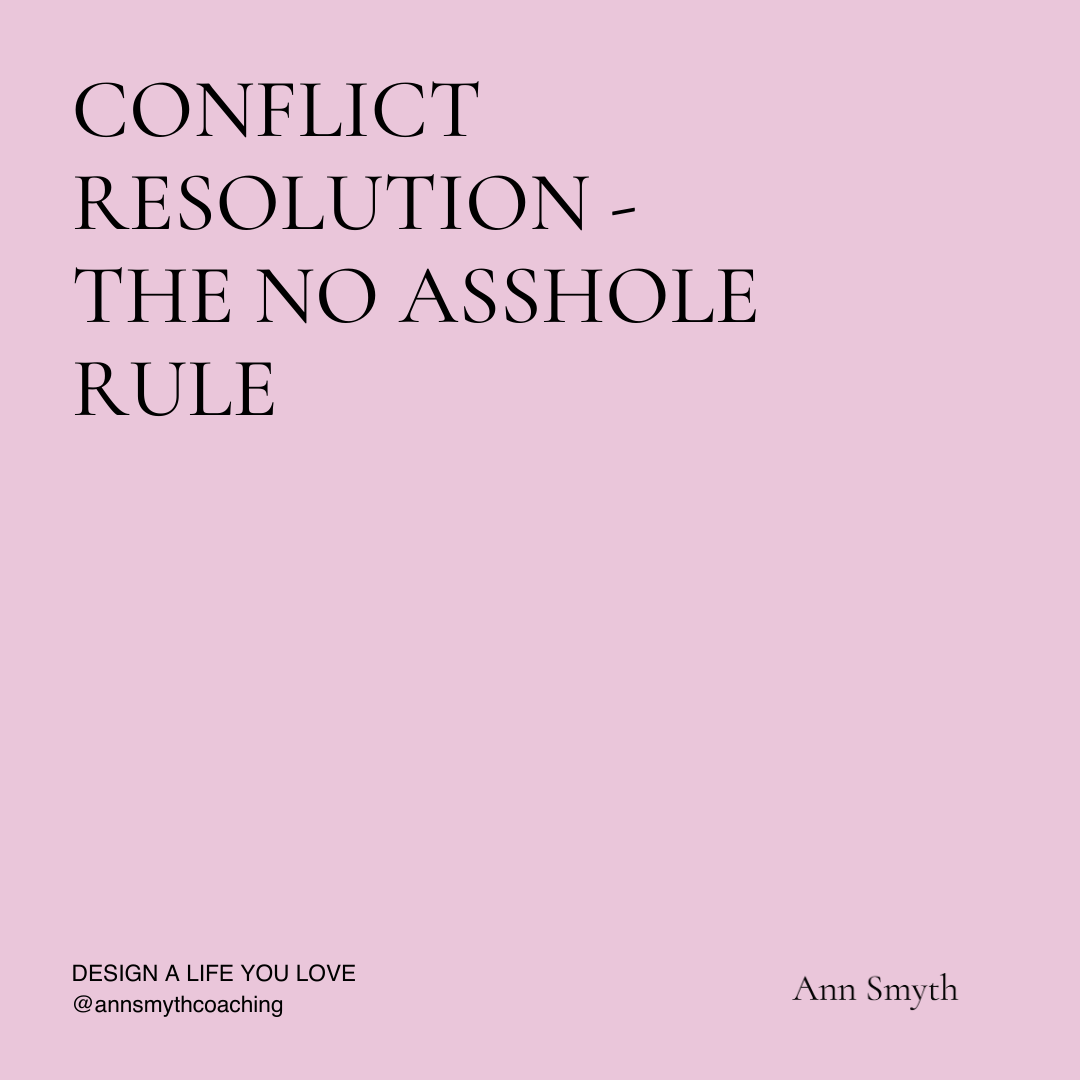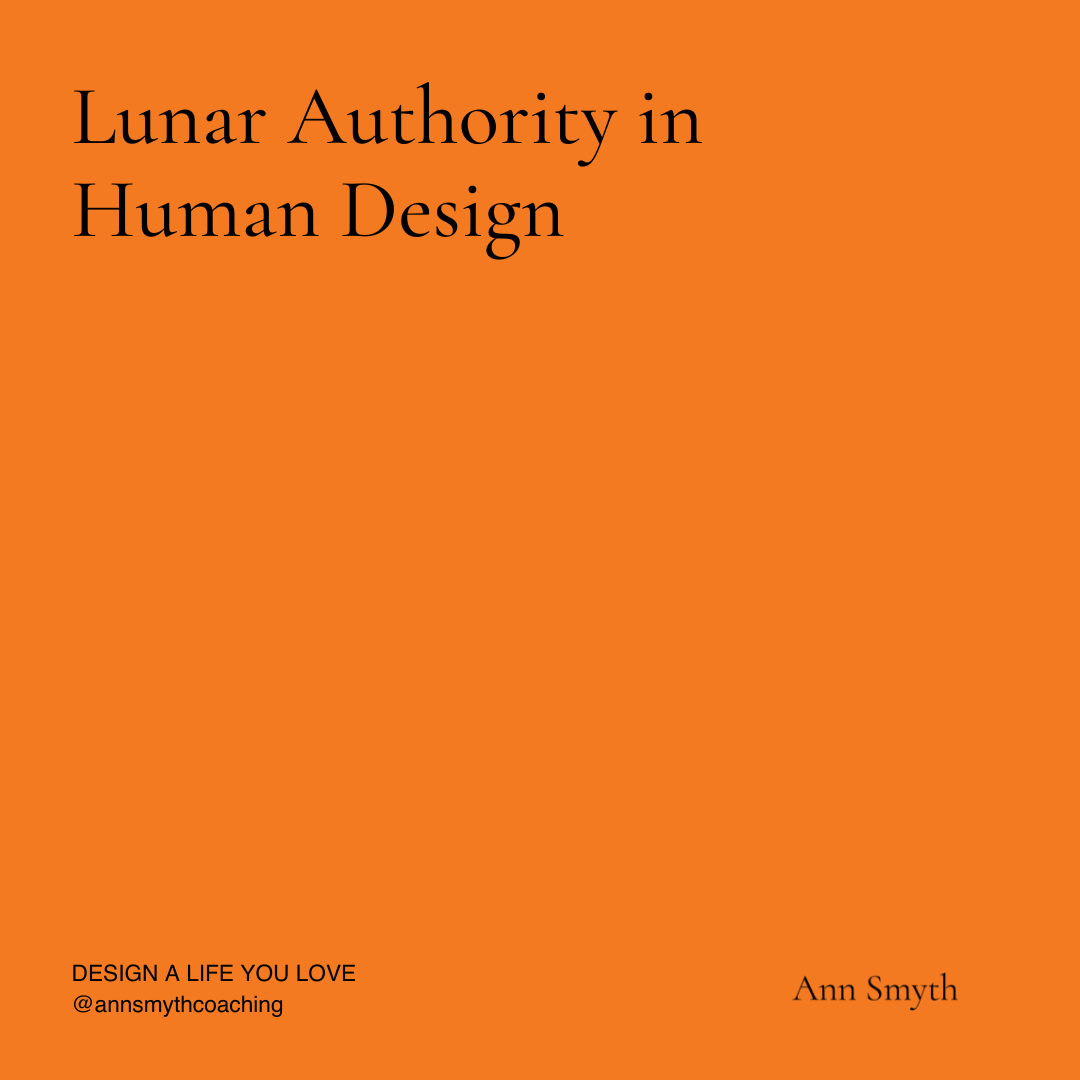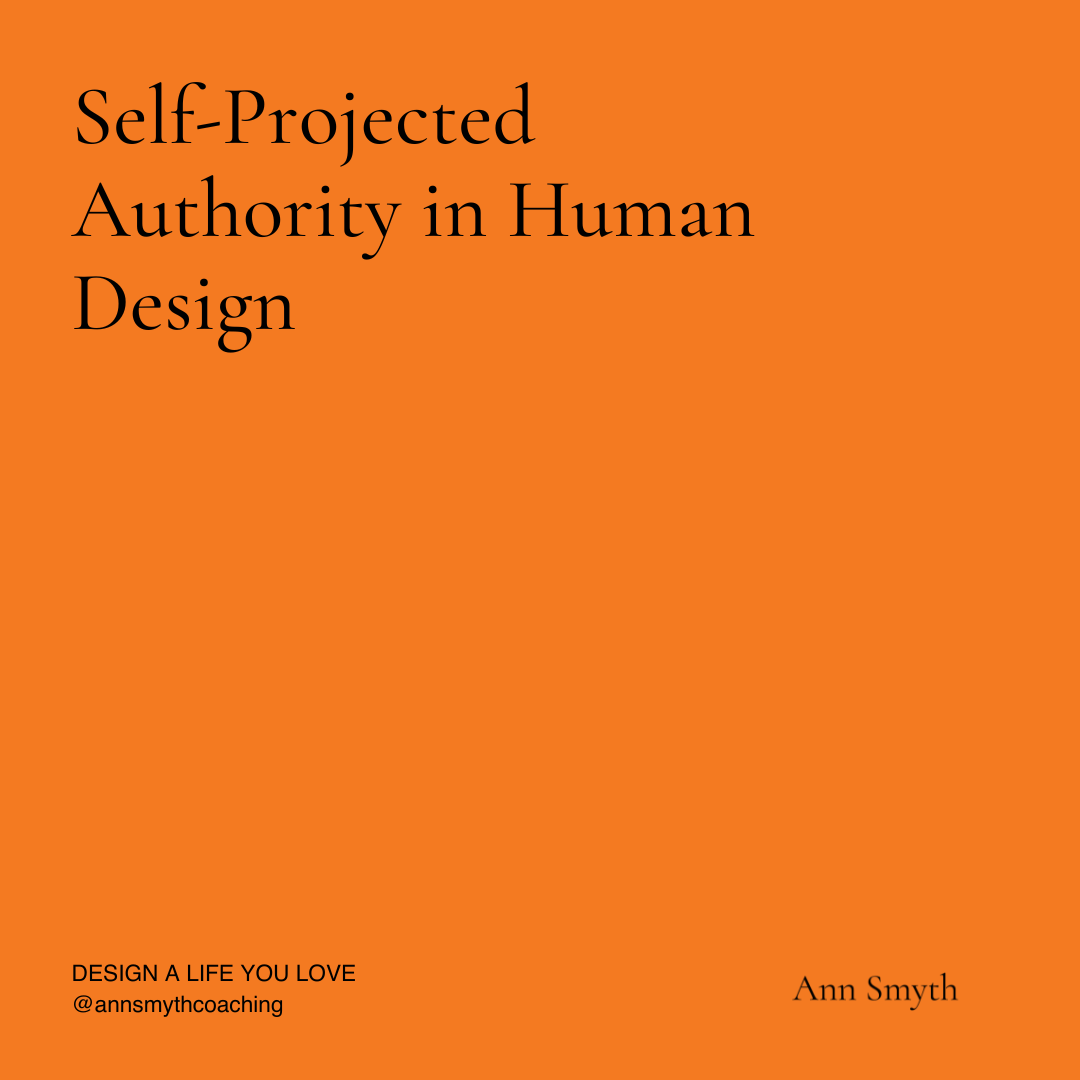Conflict resolution - the No Asshole Rule
What is conflict and why should we deal with it?
Emotional and mental conflict at home and/or at work is a common occurrence that can arise due to a difference in opinions, goals, personalities and work styles. When conflicts are not managed properly they can impact your ability to control your emotions, think clearly and articulate your perspective. When conflict arises it can cause you to behave in a way that does not align with your values, negatively impacting your self-esteem and level of optimism about the future and moving forward.
Therefore, given the emotional, physical and energetic impact conflict has on each and every one of us it is important to address conflict quickly and effectively to prevent the feelings of isolation, stress and anxiety from escalating.
Dealing with Conflict
When you allow other people’s behaviour to affect how you are showing up in your life you give up your autonomy and authority over your own life and experiences. It is important to learn and implement tools which will help you manage conflict so that you can show up in the fullness of your potential at work and home.
In situations where people from different cultures and life experiences coexist it should not be surprising that conflict can arise and if handled correctly, it can more often than not be the gateway to a more inclusive and collaborative way of experiencing our personal and professional lives.
Therefore, it is important to know what to do to resolve the conflict in the most effective and efficient way possible by having a conflict resolution strategy in place in both your personal and professional life.
Eight steps for dealing with conflict
In order to ensure that conflict is dealt with in a healthy and productive way there are eight steps or actions to follow:
Apply the no Asshole Rule to your personal and professional life.
Acknowledge the conflict: Recognize that there is a conflict and address it as soon as possible. If you ignore it in the hope that it will go away, it will only make the situation worse.
Get to the root cause: understand what is causing the conflict, is it different goals, poor communication, difference of opinions?
Learn to listen: while you might be aggrieved as a result of the conflict it is important that you learn to listen to both sides of the conflict. People feel seen when they are heard so it is important to create a safe space to share feelings and thoughts without interruption.
Find common ground: Try to focus on what common ground you have on the matter so you can identify exactly what needs to be resolved, this will encourage creative thinking and collaboration between the parties.
Scheme solutions: Encourage both parties to come up with solutions, scheming on different outcomes and results that would potentially resolve the conflict.
Evaluate the solutions: Choose the solution that is most effective and encourages buy-in from both sides.
Implement the solution: after both parties have suggested their preferred solution, it is important to find common ground between the two solutions. Encourage healthy conversation about the proposed solution so that both parties feel invested in working towards a resolution.
This article will focus on step number one: ‘Apply the No Asshole Rule at home and work,’ as it is a very effective tool for ensuring conflict is limited and meaningful when it arises causing limited stress for those involved. Continue reading to learn more.
What is the No Asshole Rule?
The No Asshole Rule is a concept that was developed by Stanford Professor of Management Science and Engineering, Robert I. Sutton. The rule advises that individuals who are consistently rude, disrespectful and abusive to their colleagues, loved ones, associates etc should not be tolerated in any circumstance because the bottom line is that this type of behaviour can harm the morale, productivity and even health of those affected.
Simon Sinek, uses kinder language to describe this type of person. According to Sinek, an asshole is someone who is a high performer with a low trust value. To learn more about his perspective of this concept you can watch this video here.
As a Coach who has worked with many individuals who are seeking to optimise their experience of life and business, the implementation of the No Asshole Rule has been the single most effective tool they have used to help them manage their energy and resources so that they can live their lives on their terms.
This is because implementing this rule at home and at work results in environments that are more respective, collaborative and productive. Creating more harmony, collaboration and ease in all interactions. Essentially, the No Asshole Rule creates positive environments with healthy cultures where people can co-exist without the threat of conflict arising.
What exactly is an Asshole?
The good news is having the odd off-day does not make you an Asshole. As human beings it is normal for us to have off days from time to time, this should be expected. However, when someone is consistently and persistently behaving in a way that is unacceptable to others, they are considered an Asshole as defined by Sutton.
Spotting an Asshole
According to Sutton there are two traits that constitute an Asshole:
They big themselves up by making other people feel small
They target people who are less powerful
Assholes are very good at expressing anger and can more often than not be very nasty and underhanded in their behaviour. These manipulative techniques are often adopted in order to power grab.
If you find yourself answering yes to both of these qualifiers when thinking about someone in your personal or professional life, you may not be surprised to realise that they have passed the Asshole Test as described by Sutton.
What impact do Assholes have on your environment?
So why is it important to spot and deal with an Asshole as soon as you encounter one? Well, according to Sutton, negative interactions at home or work i.e. conflict, tends to have a five times stronger effect on other people’s mood than positive interactions. In other words negative interactions have the biggest impact on the results of the team and/or family than any positive one will ever have.
When you find yourself constantly surrounded by an Asshole you might find yourself in a state of dysregulation within your nervous system, activating your fight, flight, freeze or fawn (people-pleasing) responses. When this happens you and those affected by the Asshole will be unable to think creatively, innovatively and reasonably; and as a result of this you may not be able to fully articulate your perspective as you do not feel like you have full control over your emotions.
As Simon Sinek articulated in his video, having Assholes in your organisation or social circle means there is a lack of trust amongst all the players. The bottom line is no one trusts an Asshole, and if an Asshole is impacting others, the others' ability to trust themselves and their perspective is impaired affecting how they take action and show up in their lives.
In any environment where the results are based on the collaborative nature of the individuals be that at work or at home it is important to acknowledge the impact being around Assholes is having on everyone’s enjoyment and experience of the environment and ultimately the results that you are experiencing in your life. An unsafe home or work environment where people feel criticised, undervalued and unsupported can be the result of Asshole behaviour and for this reason it is important to deal with Assholes as a prelude to the conflict resolution steps outlined above.
The Asshole tax
There is no doubt about it, allowing Assholes to exist in your environment at home, work or play is taxing you and/or your businesses overall health and wellbeing. They are depleting your environment of essential resources which are needed in order for creativity, harmony and success to flourish. When people do not feel safe, seen or connected to their environment as a result of Asshole behaviour they are less likely to create meaningful connections, be able to fully execute their cognitive capabilities and will limit your potential for attracting more like minded quality people into your life and business.
Cultivating a No Asshole Culture
Below you will find some key points to help you implement a No Asshole culture at home and at work. In essence, creating this type of culture is about cultivating an environment where people feel safe and seen. When people feel safe in their environment you allow for nervous systems to expand and hold more space for collaboration, creativity and connection, the winning trifecta for any group of people working towards a common goal, be that a healthy happy home, or a productive and effective workplace.
Implementing the No Asshole Rule:
Failure and mistakes should be encouraged and expected, consider how you communicate and encourage this
Avoid lavishing praise on the best or the quickest all of the time. When this happens it provides Assholes with the justification they need to march all over over others at any cost
Make sure you link performance and actions to the treatment of others, this will ensure people work together in a collaborative and creative way
No matter what adopt a zero tolerance policy for Assholes
See everyone as equal – no not discriminate against people on the basis of their social background, position, race, ethnicity or religion. In the workplace this means making sure the lowest paid worker is treated and seen as equal to the highest paid person in the organisation
Accept that fighting will happen, encourage healthy conflict and ensure you implement the 7 conflict resolution steps mentioned earlier in this article so that people know how to resolve conflict in a productive and effective way
Make sure that the term Asshole is only used if the person has passed the two tests above, refrain from using the term when someone annoys you or is simply having a bad day, temporary Assholes are expected it’s the permanent ones you should be wary of
Be aware that Assholes attract other Assholes, they hire, marry and socialise with them, so if you don’t want to be surrounded by Assholes, get rid of them as soon as you spot them
Expect conflict and create space for it
Conflict is a natural consequence of existing in any environment with other people, be that at work, home or play. When handled correctly conflict can create more creative and innovative solutions that better serve the community. It is therefore necessary to create space for conflict by acknowledging it, and having a procedure in place to deal with the same.
However when not handled correctly it can negatively impact how safe and trusted people feel in the environment. Not feeling safe and trusted can cause people to retreat and people-please and when people start adjusting their behaviour to keep others happy all of the time this will eventually impact their physical and/or mental wellbeing and health.
Adopting the No Asshole Rule in your personal and professional life is a great way to help the people in your circle know that they are safe and can trust that bad behaviour will not be tolerated and you will do everything in your power to make sure that the environment is a safe and trusted space for people to have different opinions and through healthy discussion and conversation new perspectives and improved solutions will always be found.





